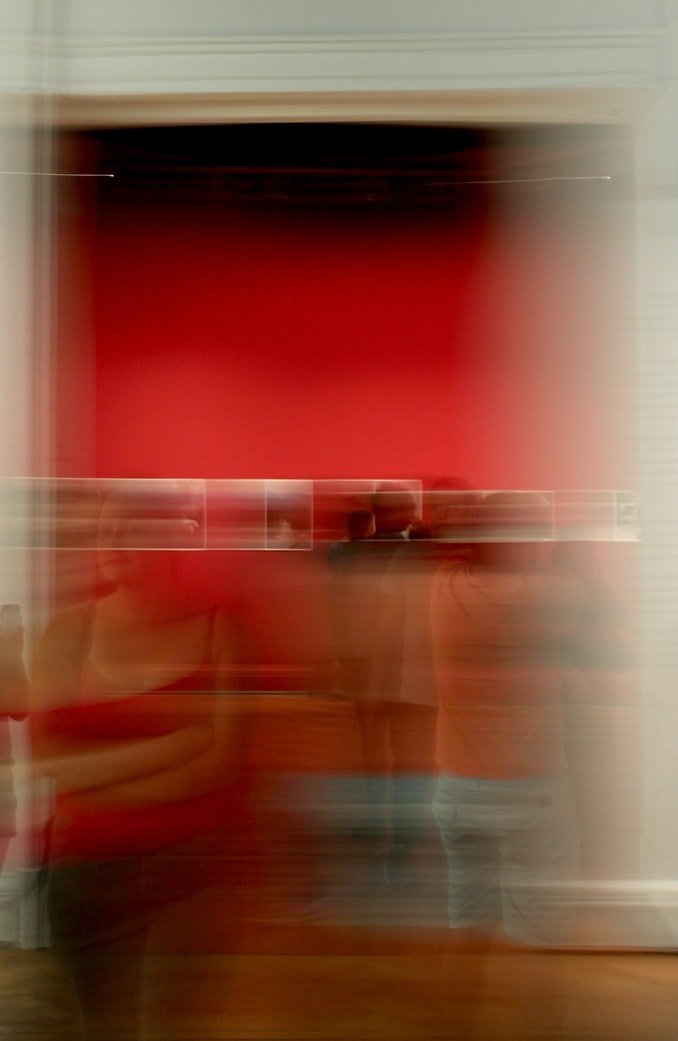Call for Papers
Thinking Through Race and the Museum: Theory and Praxis
Edited by Andrea Fatona, Lennon Mhishi, and Shelley Butler

Museums and galleries are deeply implicated in the politics of race and legacies of racism through colonial collecting, racial science, Eurocentric display practices, and institutional power structures. They are complicit with the creation of hierarchies of humanity and the value of life in the context of colonialism, settler colonialism, and apartheid, and when they conform to the dehumanizing political pressures of the contemporary moment. Yet for decades, community activists, artists, museum workers, and critical theorists have challenged and changed museums, so that there is now a canon of successes and flawed attempts at curating exhibitions and transforming institutional practices to affirm other ways of being and teach critical literacy about race and racism to a broad public.
The murder of George Floyd by police in 2020 and the global Black Lives Matter movement was an important flashpoint, leading many museums and galleries to make declarations of anti-racism, though sometimes performatively. While museums are not neutral, many aspire to be a meeting ground for diverse communities. Yet, communities may be in conflict with each other, they may have internal debates, and they do not enjoy equal access to institutions.
With these challenges in mind, this volume seeks to harness theory and lived experience to sharpen analysis of the lasting impact of racial ideologies and inequities, and to formulate constructive counter-actions and alternative imaginaries.
We invite contributions from emerging, mid-career, and established scholars, museum practitioners, artists, community activists, organizers, and community members. Contributions from BIPOC (Black, Indigenous, and People of Colour) and other historically marginalized communities are welcome, as are co-authored and collaborative pieces. We seek academic essays, exhibition reviews, curatorial statements, interviews, artwork, photo essays, and other creative responses that address (but are not limited to) the following questions:
Grounding Theory
How do different traditions of thinking about the world — e.g. Indigenous cosmologies, feminist theory, speculative thought, etc. — and ways of thinking otherwise offer alternative ways of theorising museums and race and shaping practice?
How does Critical Race Theory and Intersectionality, first articulated in the field of Law in the U.S., elucidate structural racism in museums and galleries?
How do decolonization and anti-racism intersect? What are the implications of this entanglement for museums and galleries?
What theoretical concepts can museums mobilize to engage differently positioned communities with transparency and accountability?
Critical Pedagogy and Museum Experiences
How can solidarities be forged despite colonial legacies and complicated histories? How and when do racialized hierarchies and traumatic memory complicate equity and social justice work?
How do multiple publics engage with critical pedagogical projects in museums and galleries?
What is the toll and risk of publicly sharing lived experience of racism in the museum world? What difference can individuals (leaders, curators, artists, educators, communities, board members, donors) make in anti-racist work?
How do relations of power shape one's responsibilities in resisting histories of marginalization and inequality in museums and galleries?
Curatorial, Artistic, and Institutional Strategies
How can museums and galleries care for communities and support rest and renewal, particularly in the face of populism and attacks on Critical Race Theory and DEI initiatives?
Can museums and galleries be sites of redress and restitution? What are examples of effective curatorial, pedagogical, and artistic interventions? What policies and worldview shifts in institutions facilitate this work?
Can museums and galleries be anti-racist? Can curatorial and artistic interventions clear a path for structural changes? When and how are efforts co-opted?
What would a future (perhaps utopian) anti-racist museum or gallery look and feel like?
We seek concrete case studies that represent a variety of institutions (university, ethnographic, and national museums, galleries, and archives, as well as community-based and activist exhibitionary or collecting projects) and geo-political sites. Critical and candid discussions about issues and challenges are encouraged.
Submissions:
To submit your proposal for review, please complete the following form by Jan 9, 2026. Successful applicants will be notified by email by Feb. 1, 2026. First drafts will be due May 1, 2026.
Questions may be addressed to the Co-Editors, Andrea Fatona, Lennon Mhishi, and Shelley Butler, and to the Managing Editor, Candide Uyanze, at submissions@thinkingthroughthemuseum.org.
About the Series and Editors:
This volume is part of the Thinking Through the Museum series, to be published by Jagiellonian University Press and Columbia University Press. Learn more about Thinking Through the Museum: A Partnership Approach to Curating Difficult Knowledge in Public and about the Editors and Managing Editor on our website.
